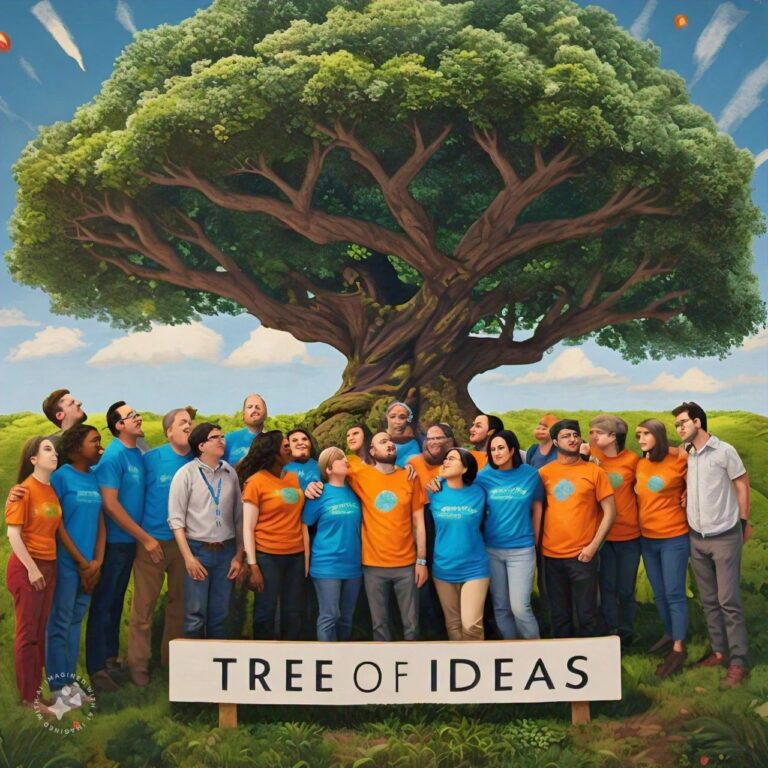One of the most elitist and divisive statements, that is so discouraging and leads many people with great ideas to give up even before they start, They know that gatekeepers and elitist bubbles are impenetrable.
In Islam, the concept of networking and relationships has both spiritual and ethical dimensions. While Islam encourages building strong bonds with others, it also emphasizes fairness, justice, and meritocracy in all aspects of life, including professional endeavours. Here are some Islamic principles that relate to the topic:
Fairness and Justice – Islam places a strong emphasis on justice and treating people equitably. The Qur’an states, “O you who have believed, be persistently standing firm in justice, witnesses for Allah, even if it be against yourselves or parents and relatives” (Qur’an, 4:135). This principle underscores the importance of evaluating individuals based on their qualifications and merits rather than favouring them solely based on personal connections.
Meritocracy – Islamic teachings encourage the development and utilisation of skills and talents. The Prophet Muhammad (peace be upon him) said, “Allah has not created anything on the face of the earth dearer to Him than knowledge.” This implies that individuals should be evaluated and recognized based on their knowledge and abilities.
Building Positive Relationships – Islam encourages building positive relationships and networking with others. The Prophet Muhammad (peace be upon him) said, “A strong believer is better and more beloved to Allah than a weak believer, while there is good in both.” This encourages individuals to engage with a diverse group of people, sharing knowledge and support.
Ethical Conduct – Islamic teachings emphasize ethical conduct and integrity. The Prophet Muhammad (peace be upon him) said, “The most complete of the believers in faith, is the one with the best character.” This underscores the importance of honesty, fairness, and respectful treatment of others in all interactions, including professional networking.
Brotherhood and Sisterhood – Islam promotes a sense of brotherhood and sisterhood among believers. The Qur’an mentions, “The believers are but brothers, so make settlement between your brothers” (Qur’an, 49:10). This principle encourages Muslims to support and help one another, but it should not lead to nepotism or unjust advantages.
Diverse Skills and Contributions – Islam acknowledges the diversity of skills and contributions within the community. The analogy of the body is often used: just as the body’s different parts have distinct functions, so do individuals possess unique talents. The Qur’an emphasises the importance of diversity, stating, “And among His signs is the creation of the heavens and the earth, and the diversity of your languages and colours” (Qur’an, 30:22). In light of these principles, Islam encourages networking, relationships, and mutual support, but it also stresses the importance of fairness, justice, and merit-based evaluation, be open to ideas and people.
Personal connections should not lead to discrimination, exclusion, or favouritism. Muslims are guided to maintain their ethical conduct and treat all individuals with respect, ensuring that professional opportunities are accessible to all based on their skills and qualifications. So, mellow your ego, have the decency to answer your emails, join up with LinkedIn requests and take calls from people who have crazy ideas. A whole new world of greatness will open.





